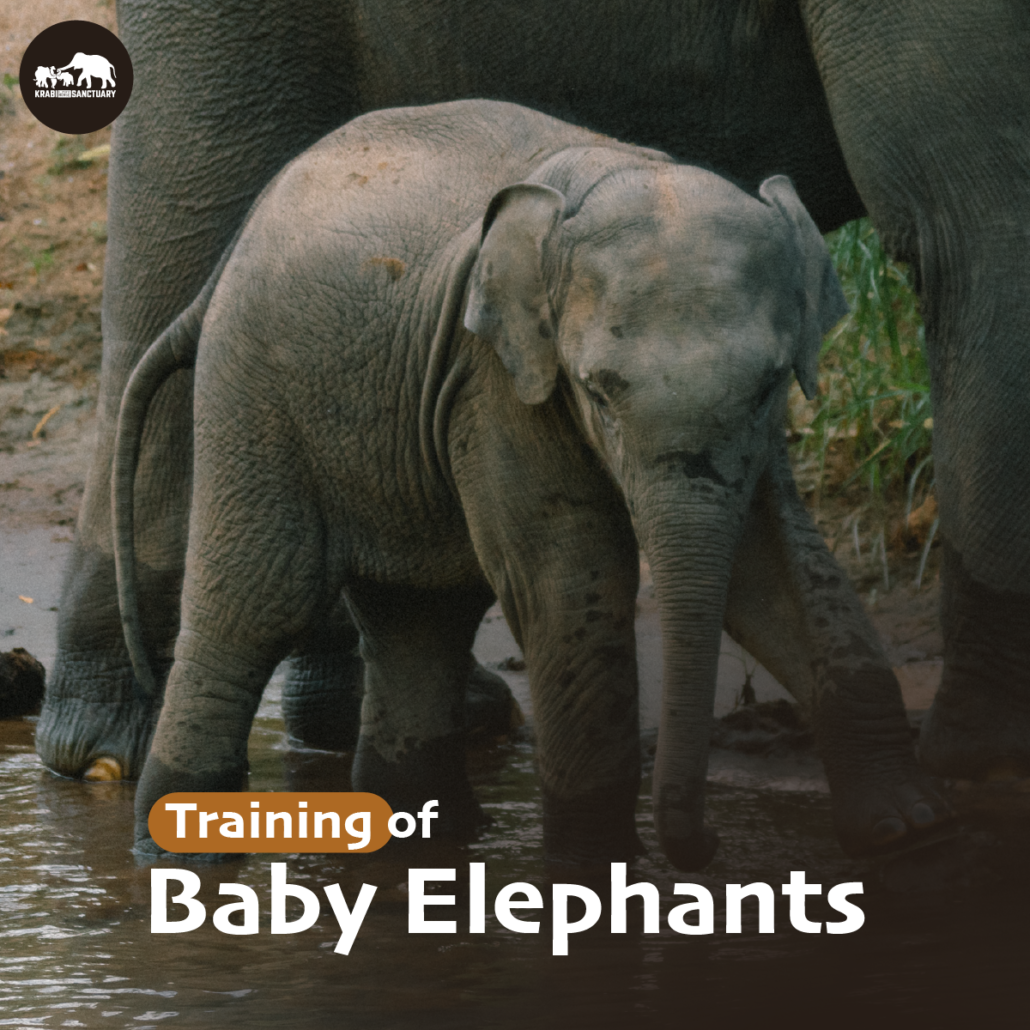News
Training of baby elephants.
Training of baby elephants.
A fully healthy elephant, at around 4-5 years old, will have a sufficiently developed body to undergo various training tasks, which is also the time when the elephant is weaned. Training a young elephant is generally easier than training an older one. Overgrown elephants often have less tolerance for being controlled and trained, making them more prone to injury or even death during the training process. Elephant training is typically divided into two phases.
Basic Training:
This phase takes about one month and begins when the elephant enters a prepared enclosure. The training area should be shaded and close to water since the elephant will need to be trained to bathe. During this month of basic training, the elephant will be taught to accept leg chains or “”ankus”” (a type of guide), learn to lift its front legs for mounting riders, walk to different locations while being guided by a mahout (elephant trainer), and practice bathing. Throughout this training phase, the trainer should keep the elephant in and out of the enclosure to establish familiarity and comfort with the mahout, which will be essential for future training.
Advanced Training:
This phase involves training the elephant in specific tasks related to working with logs. It is a step-by-step process that introduces the elephant to the use of equipment for dragging and lifting logs. If the elephant is a male, it will be trained to lift logs using its tusks. Training may also include tasks such as log work on slopes, log work in water, working with other elephants, and getting accustomed to the sounds of engines used in logging operations. This training process can take several years, typically 3-4 years, as it needs to be done gradually, starting with small log dragging and progressing over time. The elephant’s progress will determine the pace of training. While it may take 1 or 2 years for the training to be completed, the elephant may still be too small to perform heavy work, giving the impression that this phase takes a longer time.


